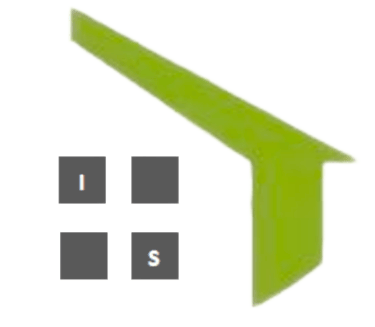
Your Real Estate Life Partner
Explore our wide selection of properties and find your perfect home
Ivy Su
Be Real Be Honest
Hire Me, You Will Receive:
Patience and Professionalism: Dedicated support tailored to your needs.
Transparent, Honest Communication: Real and clear information throughout the process.
Your Best Interests First: Always prioritizing your needs above all.
No Pressure: I follow your pace and provide exceptional service without pushing.
Attention to Detail: A meticulous approach with a strong sense of responsibility.
Continuous Updates: Keeping you informed from start to finish.
Timely Reminders: Alerts for all crucial deadlines and important details.
Comprehensive Review and Coordination: Going through inspection reports, title reports, NHD reports, etc. with buyer, ensuring no hidden factors for buyer(buyer representation), and Coordinate with other parties involved in the transaction, such as title company, and escrow officer, to ensure a smooth closing process for seller (seller representation).
Professional Recommendations: Referrals to trusted professionals related to your real estate needs.
Adapted Communication: Flexibility to match your preferred communication methods and style.
Market and Property Analysis: Detailed insights and analysis to support your decisions.
With an unwavering commitment to honesty, integrity, and sincerity, I prioritize your best interests above all else. As your trusted partner, your satisfaction is my utmost priority, and I am honored to be entrusted with guiding you through life's important decisions and ensuring your peace of mind.


Frequently asked questions
What are the steps involved in buying a home?
The home buying process typically involves steps such as getting pre-approved for a mortgage, searching for properties, making an offer, negotiating terms, conducting inspections, securing financing, and closing the transaction. Additionally, during the closing process, you'll work with an escrow and title company to handle the transfer of funds and ensure a clear title for the property.
How do I prepare my home for sale?
Preparing your home for sale involves tasks such as decluttering, depersonalizing, making necessary repairs and improvements, staging the home to showcase its best features, and enhancing curb appeal to attract potential buyers.
What should I look for when viewing potential homes?
Consider factors such as location, neighborhood amenities, property size, condition, layout, potential for future resale value, and proximity to schools, workplaces, and recreational facilities.





